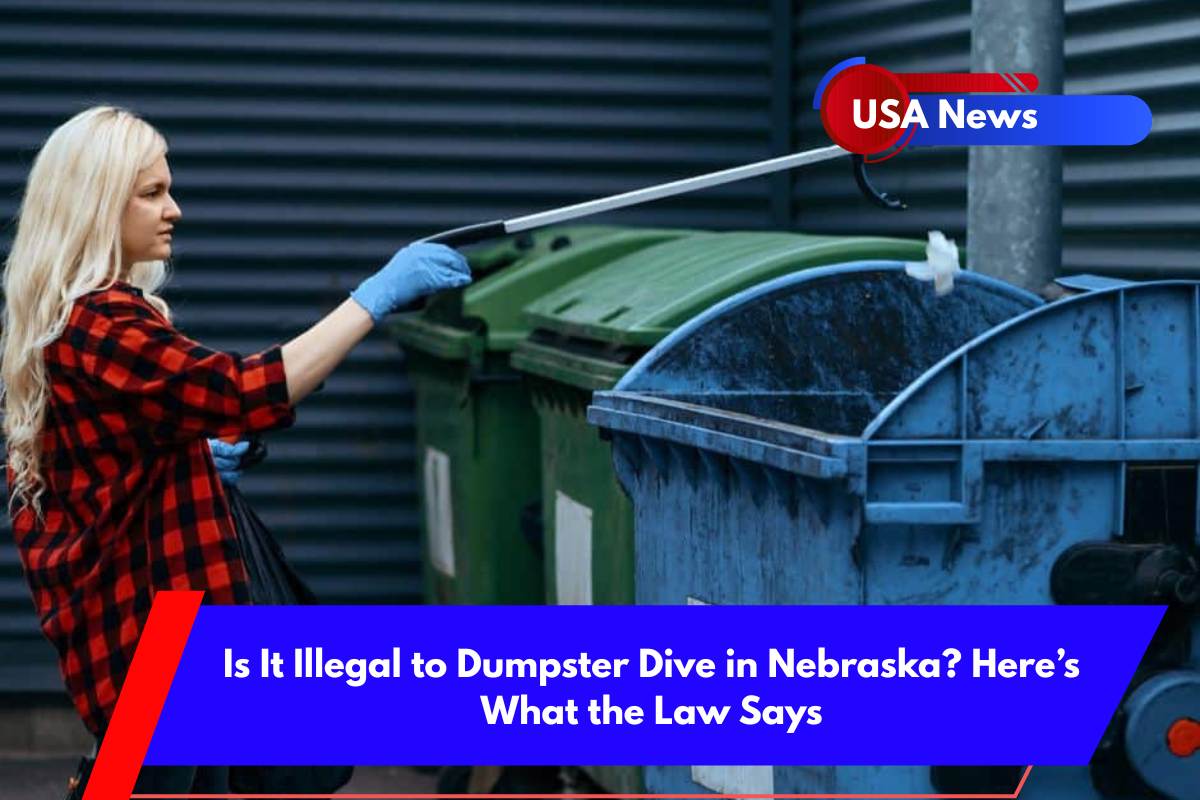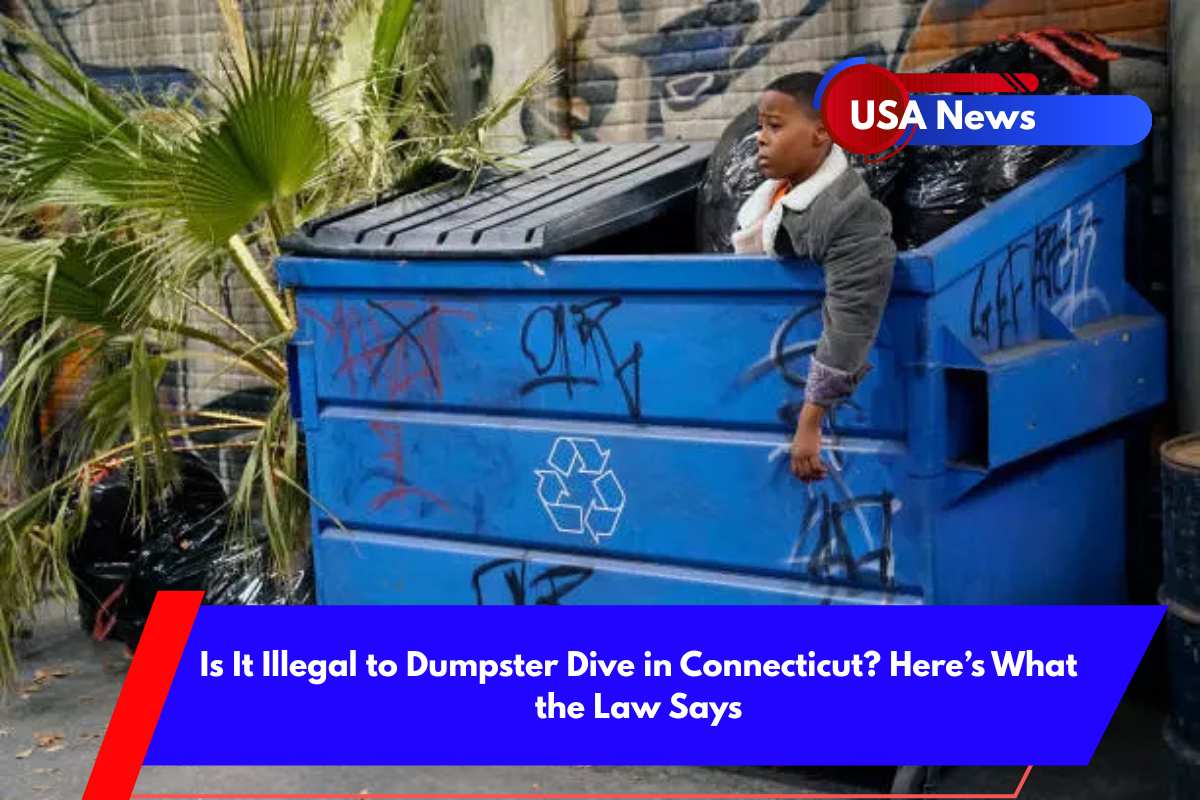Dumpster diving, the act of searching through discarded materials in dumpsters, is a practice that is often seen as a way to find food, furniture, or materials that can be reused.
In Nebraska, dumpster diving is generally legal, but there are specific conditions and risks that individuals should be aware of to avoid legal issues.
Understanding the laws surrounding dumpster diving can help ensure that you’re acting within the legal boundaries while engaging in this activity.
Key Legal Considerations
While dumpster diving is not illegal in Nebraska, there are important legal guidelines and risks that you should keep in mind.
1. Trespassing
Private Property: The primary legal issue with dumpster diving arises if you are trespassing on private property. If you access a dumpster that is behind a locked fence, gate, or is marked with “No Trespassing” signs, you could be violating Nebraska’s trespassing laws.
Penalties for Trespassing: Trespassing in Nebraska can result in fines and, in rare cases, jail time, depending on the circumstances and severity of the offense.
2. Municipal Ordinances
Some cities, like Omaha and Lincoln, have local ordinances that regulate scavenging or trespassing in certain areas.
Omaha: The city prohibits digging through city-owned trash receptacles.
Lincoln: The city’s ordinances forbid trespassing on private premises against the wishes of the property owner.
3. Business Policies
Even when dumpster diving is not illegal, property owners or store managers can ask you to leave if they object to the practice. If you refuse to leave when asked, this could lead to a trespassing citation.
Respect Business Boundaries: Always comply with store or business rules and leave promptly if asked.
4. Recycling Bins
City-Owned Bins: In Nebraska, items placed in city-owned recycling bins are considered city property. Taking materials from these bins can be illegal, as the items are no longer considered discarded trash but rather property of the city.
5. Public vs. Private Property
Public Areas: Dumpster diving is generally legal in public areas, such as those in alleyways or parking lots, provided there are no fences or gates restricting access.
Private Property: Avoid dumpsters located on private property or behind fences, gates, or restricted areas, as accessing them may lead to legal issues, such as trespassing charges.
Safety and Ethical Tips
While dumpster diving can be a practical way to find usable items, it’s essential to do so safely and responsibly:
Wear Protective Gear: Always wear protective gloves and clothing to avoid injury from sharp objects or hazardous materials that may be present in the dumpster.
Respect Posted Signs: Before diving into any dumpster, always check for posted signs. If a dumpster is clearly marked with a “No Trespassing” or “No Scavenging” sign, respect those rules and move on.
Leave the Area Cleaner: It’s essential to leave the area cleaner than you found it. This ensures that the property owner or manager does not have additional reasons to prevent dumpster diving.
Be Discreet and Polite: If you are confronted by a property owner, manager, or law enforcement, be respectful and polite. If asked to leave, do so promptly to avoid any conflict or legal consequences.
Sources:
1. https://scrapsafari.com/dumpster-diving-in-nebraska/
2. https://www.reddit.com/r/lincoln/comments/9d3i2q/is_dumpster_diving_illegal_in_lincoln/
3. https://fox42kptm.com/archive/dumpster-diving-becoming-more-popular-among-freegans
4. https://worldpopulationreview.com/state-rankings/dumpster-diving-legal-states













